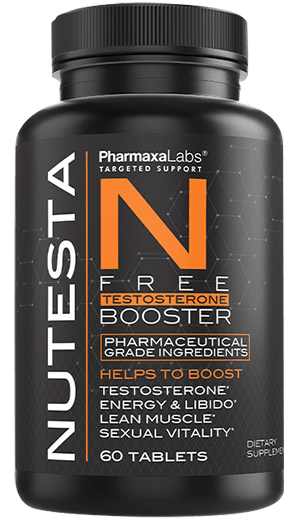T-Hero is produced by Essential Elements, a health and nutrition company based in California that specializes in creating high-quality supplements. The company operates following FDA guidelines and follows current Good Manufacturing Practices (cGMP), which helps ensure the safety and quality of its products. Essential Elements also holds NSF certification, indicating that its products meet stringent standards for purity, safety, and effectiveness.
With a strong commitment to quality, Essential Elements provides customers with confidence in the reliability and safety of its supplements. The company also offers a return policy, which may provide reassurance to customers who are dissatisfied with their purchase. This policy reflects the brand’s commitment to customer satisfaction and its trust in the effectiveness of its formulations.
As a well-respected name in the supplement industry, Essential Elements focuses on developing natural, scientifically backed products like this, aimed at promoting male health and vitality. Their adherence to strict manufacturing standards positions the company as a dependable choice for consumers looking for effective and trustworthy health solutions.








T-Hero Customer Reviews
Customer Reviews & Ratings
Review this Product
Leave a review and share your experience with others.